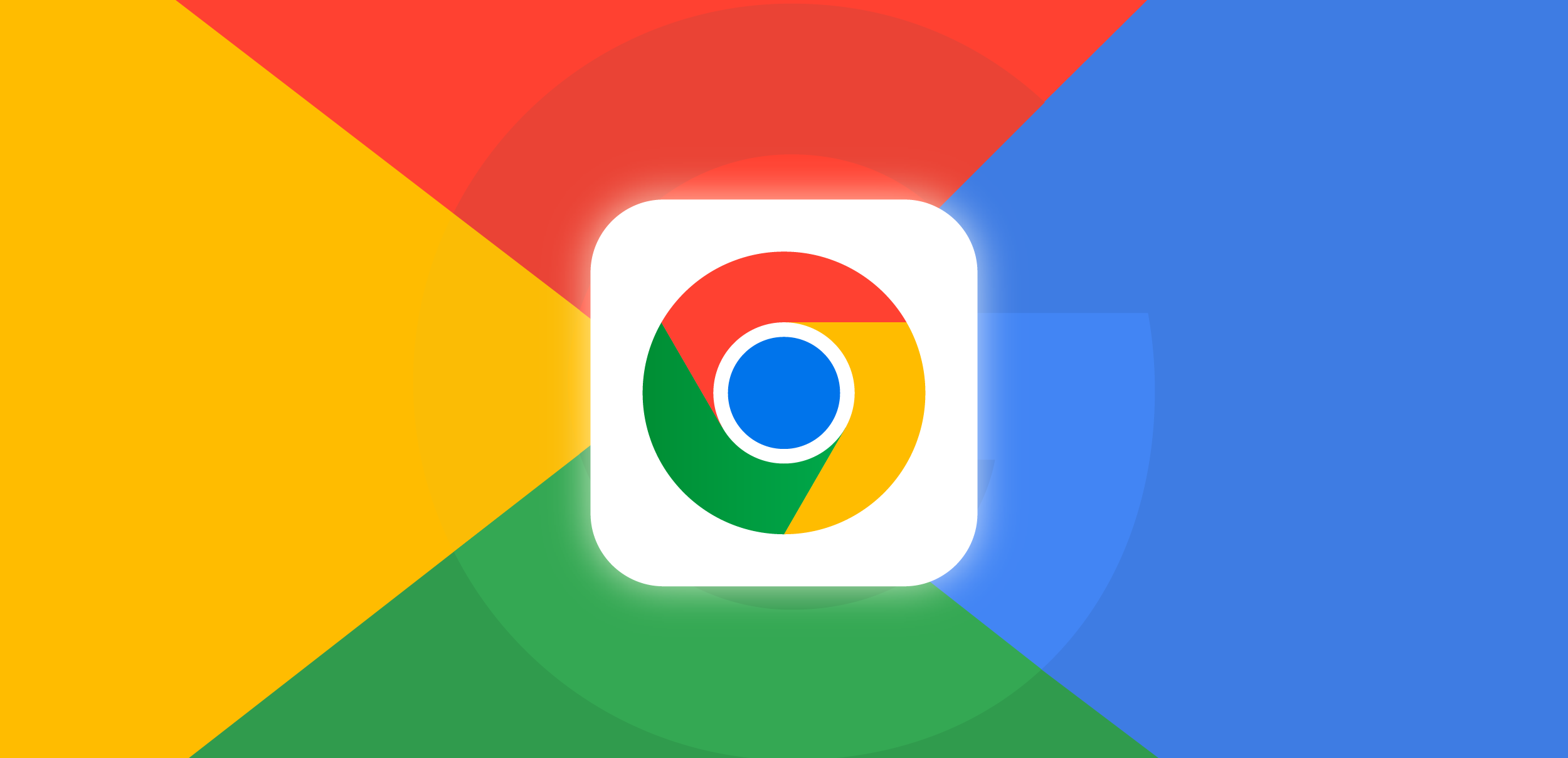Google Selling Chrome Won’t Solve Anything
By Asaf Shamly | January 23, 2025

As Google’s courtroom drama continues to unfold, one possible consequence of their alleged monopoly over online search would see them forced to sell off Chrome. On paper, this sounds like a clean solution to an overwhelming concentration of power. But in reality, Chrome — with its 90% search and 65% browser market share — is just a symptom of a bigger issue: the industry’s reliance on user data as the foundation for digital advertising.
Selling Chrome would shift control from one tech giant to another—perhaps Meta, Microsoft, or Amazon—none of whom would be any less motivated to leverage the browser for data collection. Even if regulators blocked such deals, spinning Chrome into an independent entity wouldn’t prevent the same incentives from driving exploitation of user information. The fundamental problem isn’t Google or Chrome, but the system itself.
A Broken Data Model
The digital advertising ecosystem has long prioritized surveillance-driven targeting over user experience and privacy. This dependence on massive third-party data troves has not only harmed consumer trust but has also concentrated power into the hands of a few dominant platforms. Chrome’s dominance reflects these incentives: a browser is valuable not as a product but as a conduit for behavioral data.
The Industry Needs to Act, Not Wait for Regulators
Rather than waiting for regulators to intervene, the AdTech industry must shift its focus to solutions that balance effectiveness, privacy, and competition. Publishers, advertisers, and tech platforms must collaborate to build systems that share data responsibly across the supply chain, rely on first-party data and AI-driven predictions, while reducing reliance on invasive tracking.
This means:
– Privacy-Preserving Technologies: Advancing tools like contextual targeting, clean rooms, AI-based predictive models, and cohort-based models that protect user privacy while enabling effective advertising.
– Interoperable Standards: Developing open frameworks for identity, data sharing, and AdTech infrastructure that don’t lock the ecosystem into closed platforms.
– User-Centric Design: Prioritizing user experience by offering transparent, consent-driven approaches to data collection.
Moving Beyond Chrome
Forcing Google to sell Chrome would only reshuffle the deck, not fix the game. Without systemic change, another tech giant would simply inherit the same dominance—and the same problems. To create a healthier, fairer digital ecosystem, the industry must look beyond Chrome and rethink how data is shared, managed, and monetized. The solution lies not in breaking up individual products but in breaking away from the broken incentives that got us here. By adopting first-party data strategies, and embracing AI, businesses can focus on privacy-first, data-driven insights while reducing dependence on the broken incentives of the current system.
Latest Articles
-

What Sales Got Right About Competitive Intelligence – and Why It’s Time for Advertisers to Catch Up
In sales, competitive intelligence became second nature — the reason teams know why deals were won or lost. Advertisers, on the other hand, are still optimizing in the dark. It’s time to bring the same discipline to marketing, and finally see beyond surface-level metrics.
View Now -

AI is Rewriting the Attention Economy, Advertisers are at Risk of Getting Sidelined
AI is rewriting the attention economy. Perplexity’s “citations, not clicks” payouts and Cloudflare’s pay-per-crawl model mark a new phase where platforms set the rules of visibility. Unless brands and agencies demand clarity, control, and real behavioral signals, performance will be optimized to interfaces, not outcomes.
View Now -

When Agentic AI Takes the Wheel, Who’s Watching the Road?
Speed feels like smarts in advertising, but most “autonomous” systems optimize on labels and averages rather than behavior in context. They can’t see scroll, true in-view time, ad density, or what happens after the impression. Data without depth is a liability; the edge now is first-party, behavior-rich signals learned across environments.
View Now
